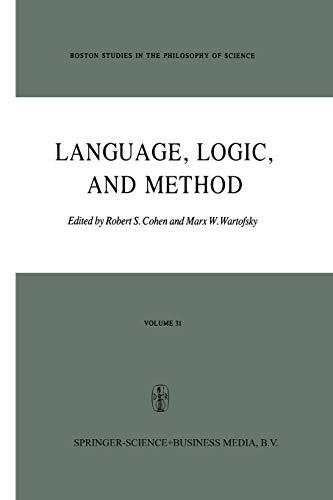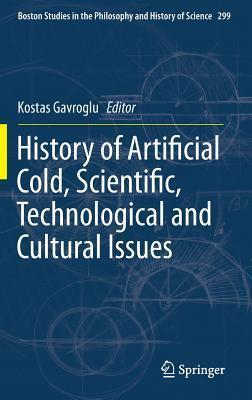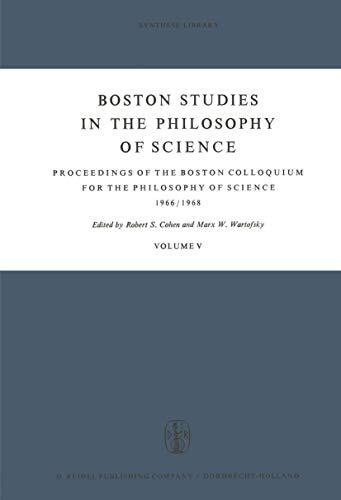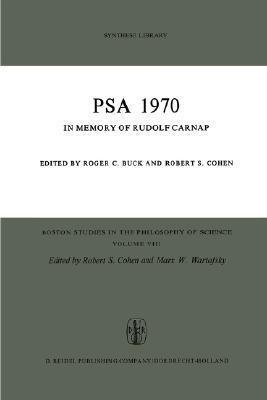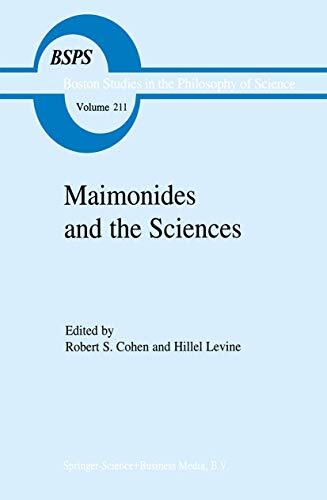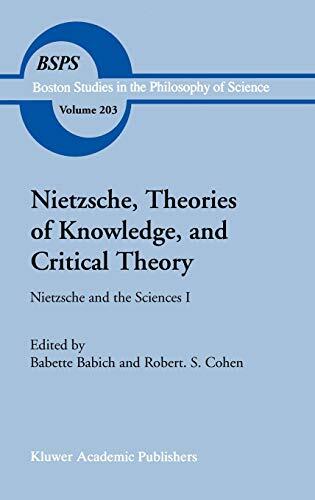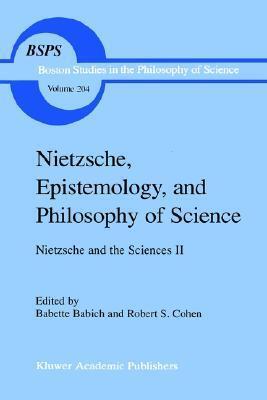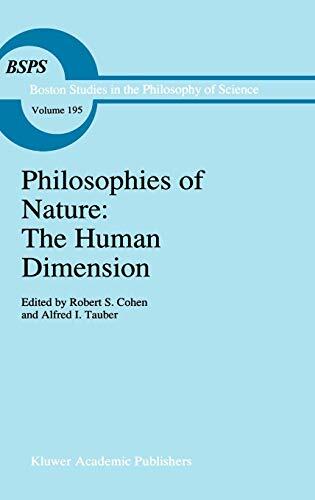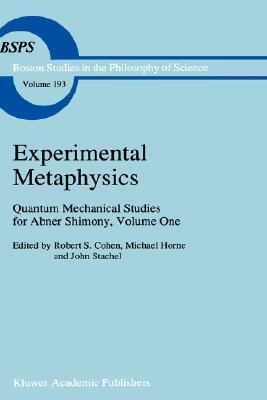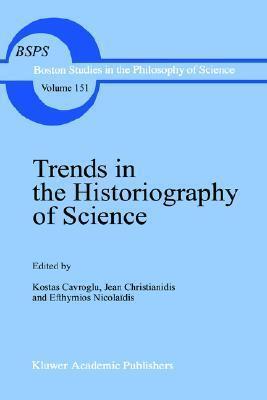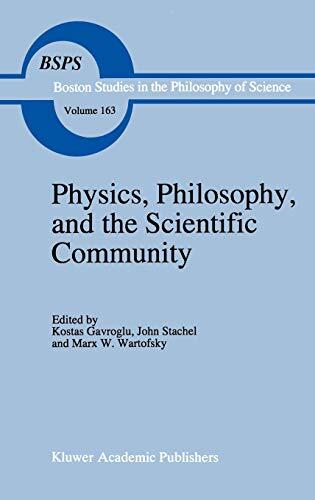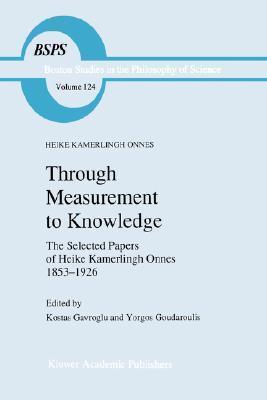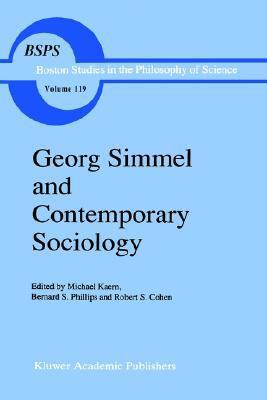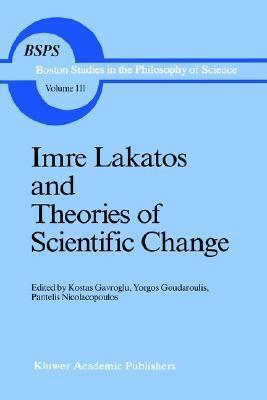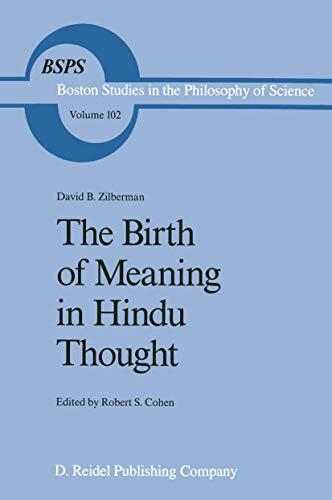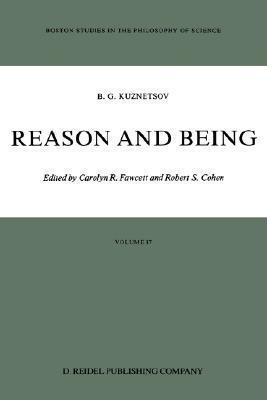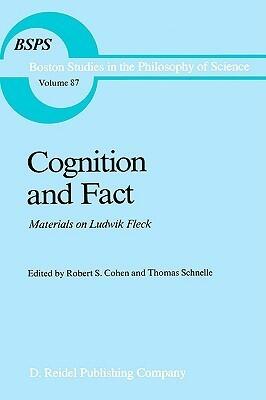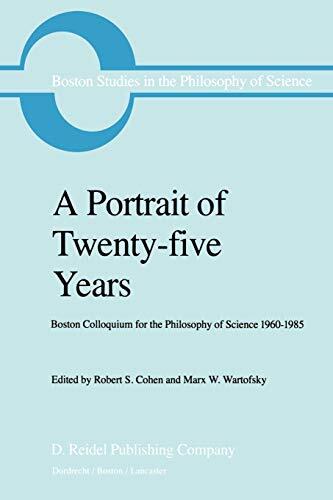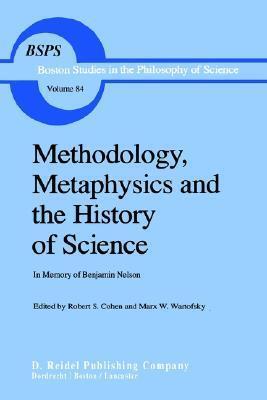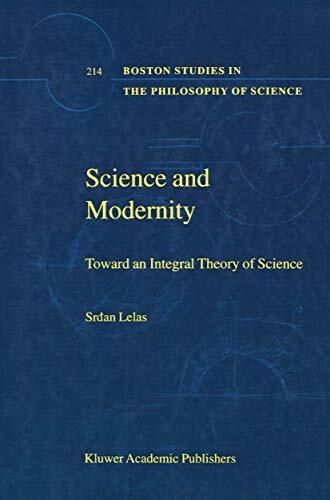
Science and Modernity: Toward an Integral Theory of Science
لا توجد تقييمات بعد
Religion & Spirituality
Science & Technology
History
+1
more
تنسيق
غلاف صلب
صفحات
304
لغة
الإنجليزية
منشور
Jan 1, 2000
الناشر
Springer
الطبعة
2000
رقم ISBN-10
0792363035
رقم ISBN-13
9780792363033
الوصف
In a world where science and modernity often seem at odds, Srđan Lelas explores the intricate relationship between the two, presenting an argument for a more holistic understanding of scientific principles. Drawing from a rich tapestry of philosophical thought and historical contexts, this work invites readers to reconsider the foundations of scientific inquiry. Lelas posits that a reconceptualization is essential for a truly integral theory of science that recognizes the interplay of various disciplines and the societal implications of scientific advancement.
The book delves into a range of pivotal issues, including the evolution of scientific thought and its impact on contemporary society. Through careful analysis and a wealth of references, Lelas examines how modernity has shaped scientific practices and philosophies, challenging preconceived notions that often segregate different branches of knowledge. The detailed index and bibliographical references provide a solid framework for readers to further explore the complexities introduced in the narrative.
By fostering a dialogue between science and philosophy, Lelas aims to bridge gaps that have long persisted within academic discourse. This work not only serves as a scholarly resource but also as a call to action for scientists, philosophers, and policymakers to embrace a more integrated perspective on the role of science in shaping modern life.
The book delves into a range of pivotal issues, including the evolution of scientific thought and its impact on contemporary society. Through careful analysis and a wealth of references, Lelas examines how modernity has shaped scientific practices and philosophies, challenging preconceived notions that often segregate different branches of knowledge. The detailed index and bibliographical references provide a solid framework for readers to further explore the complexities introduced in the narrative.
By fostering a dialogue between science and philosophy, Lelas aims to bridge gaps that have long persisted within academic discourse. This work not only serves as a scholarly resource but also as a call to action for scientists, philosophers, and policymakers to embrace a more integrated perspective on the role of science in shaping modern life.
